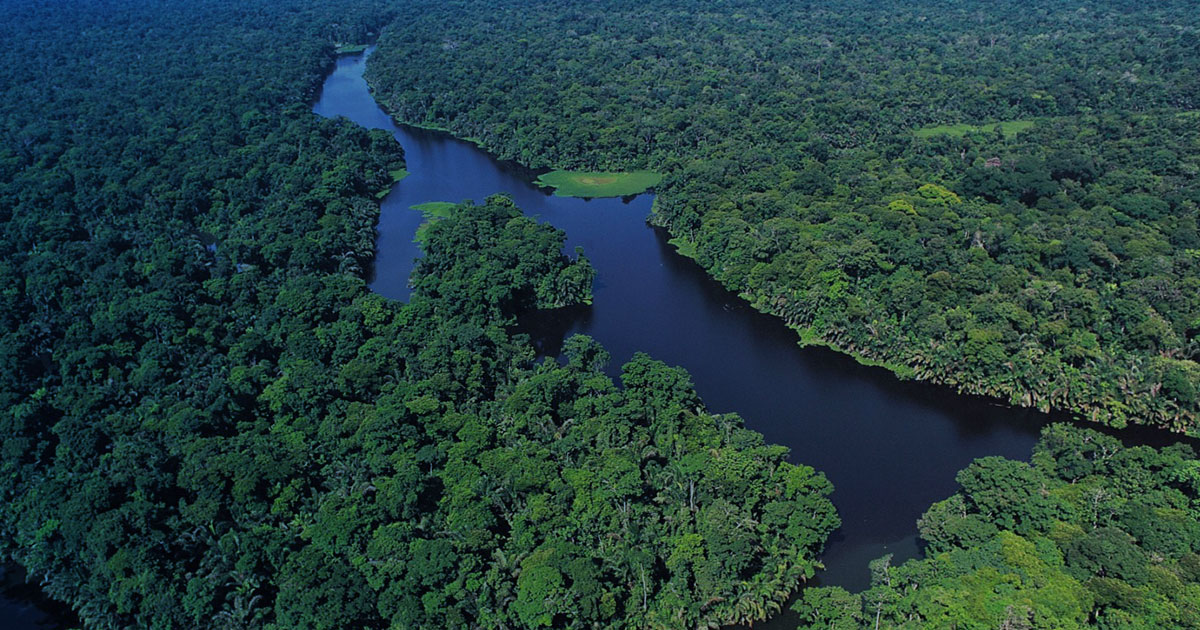
Use of water in Protected Wild Areas
Recently, the draft Law to Authorize the Use of Water for Human Consumption and Construction of Works in Heritage and Construction of Works in Natural Heritage of the State was approved in second debate, which, if not vetoed by the president for reasons of opportunity or constitutionality, will soon be incorporated into the Costa Rican regulatory body.
The project approved by the Legislative Assembly only has two articles, so its text leaves the door open to doubts about its application. However, in this case, the text of previous considerations that the legislators had at the time of approving the project, can give us a better understanding of the text of what will soon be law. Therefore, we present below a brief analysis of its implications:
- The operators of the public drinking water service may take water directly from the protected wild areas or the Natural Heritage of the State, as long as they are going to be used for human consumption. This conclusion is reached from a joint reading of the articles that make up the draft standard, in addition to the previous considerations of the same, where it is highlighted that the impact that the water intakes would generate on the environment is justified because access to the Drinking water is also a human right, and is of particular importance since other rights such as life and health depend on it.
- It is not an automatic authorization, so that the operators of the drinking water service can make use of the waters coming from the natural reserves, it is necessary that:
- The AYA issues technical criteria on the possibility of taking advantage of water from a given source, and establishes the permitted limit.
- The water collection project is declared of public interest.
- The permit issued by MINAE for this purpose is obtained.
- Although precision is not made within the two articles, within the previous considerations, it is explained that the civil works that must be done for the water intake, must always be of low environmental impact, only to take advantage of water that runs superficially. , excluding the exploitation of underground water wells.
- The use of water in protected wild areas and other places that make up the Natural Heritage of the State must always guarantee the environmental flow, understanding this as the amount of water that the environment needs for the proper development of ecosystems.